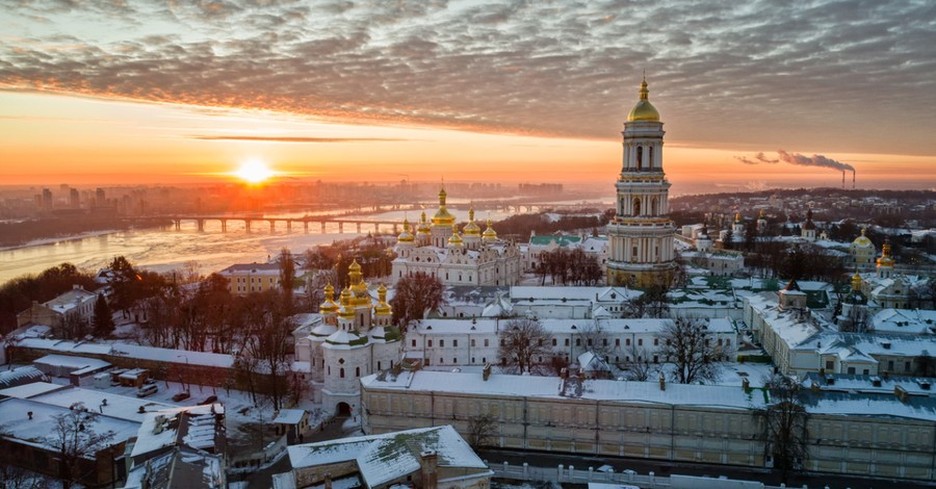
This timeline highlights key events in 8th-century Christian history, including theological disputes, political developments, the spread of Christianity, and cultural advancements in the Carolingian Renaissance.
8th Century Christian History
711 AD: Muslim Conquest of Spain
- Muslim forces under Tariq ibn Ziyad conquered Spain, leading to the establishment of Islamic rule in the Iberian Peninsula.
c. 700-752 AD: Life of John of Damascus
- John of Damascus, a theologian and defender of Christian iconography, contributes to theological discourse.
c. 701-767 AD: Iconoclasm Controversy
- A theological dispute over using religious icons (iconoclasm) divides the Eastern Christian Church.
717-718 AD: Siege of Constantinople
- The Byzantine Empire successfully defended Constantinople against a siege by the Umayyad Caliphate.
732 AD: Battle of Tours
- Charles Martel led Christian forces to victory over the Umayyad Caliphate's army in France, halting the Muslim advance into Europe.
751 AD: Donation of Pepin
- King Pepin the Short donated the Papal States to the Papacy, strengthening the relationship between the Frankish monarchy and the Church.
754 AD: Iconoclasm Resolved
- The Council of Hieria endorses iconoclasm, while the Seventh Ecumenical Council (Second Council of Nicaea) in 787 AD affirms the veneration of icons.
c. 800 AD: Coronation of Charlemagne
- Pope Leo III crowned Charlemagne as Holy Roman Emperor, marking a significant alliance between the Church and the Carolingian Empire.
c. 800-850 AD: Life of Alcuin
- Alcuin of York served as Charlemagne's chief advisor on educational and ecclesiastical matters.
c. 803-847 AD: Photius the Great
- Photius the Great, Patriarch of Constantinople, played a crucial role in Eastern Christian history and theological disputes.
c. 800-877 AD: Life of Methodius
- St. Methodius and St. Cyril developed the Glagolitic alphabet and evangelized the Slavic peoples.
c. 810-877 AD: Life of Cyril
- St. Cyril and St. Methodius undertake missionary work and linguistic contributions in Eastern Europe.
c. 820-875 AD: Viking Raids on Christian Europe
- Viking raids pose a threat to Christian communities in northern Europe.
c. 828 AD: Legend of the discovery of the relics of St. James
- The alleged discovery of the remains of St. James the Greater in Santiago de Compostela, Spain, contributes to the growth of the Camino de Santiago pilgrimage.
c. 800-900 AD: Carolingian Renaissance
- A revival of art, education, and culture in the Frankish Empire under Charlemagne's rule.
• 731--The "Venerable Bede" (c. 673-735) completes his Ecclesiastical History of the English People.
• Spain is invaded by the Moors, Moslems from North Africa; Charles Martel defeats them at the Battle of Tours in 732--a decisive juncture in Christian resistance to Muslim advance.
• Boniface of England was a missionary to the Germans for 40 years. Finally, he is murdered by pagans in 754.
• Iconoclastic controversy over the veneration of images divides the Byzantine Emperor and the Pope.
• Papacy asserts its earthly rule and establishes the papal states in Italy. Pope Leo III (d. 816) separates from the Eastern Empire and becomes supreme bishop in the West.
• Charlemagne becomes sole King of the Franks in 771; later is crowned "Holy Roman Emperor," establishing dream of a kingdom with a Christian king.
• Nestorian Christians in China develop missionary activities and build Christian monasteries.
• Schools for church music are established at Paris, Cologne, Soissin, and Metz.
• 781--Alcuin of York, England becomes advisor to Charlemagne and catalyzes the "Carolingian Renaissance."
• 793--The North Men invade Lindisfarne and invade Iona in 795.
Photo: ©Getty Images/Viacheslav Tykhanskyi



